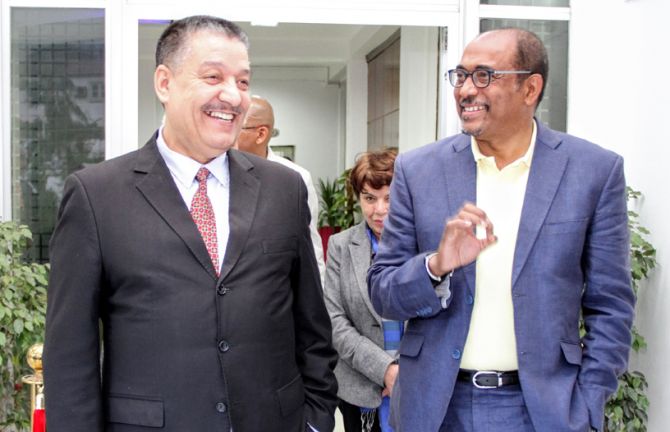
Algeria leads push to end the AIDS epidemic in the Middle East and North Africa
Global Platform to Fast-Track HIV responses among gay men and other men who have sex with men around the world
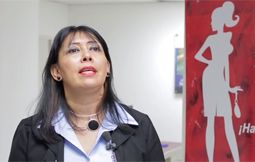
Empowering women living with HIV
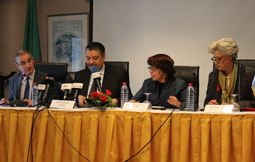
Getting on the Fast-Track in the Middle East and North Africa
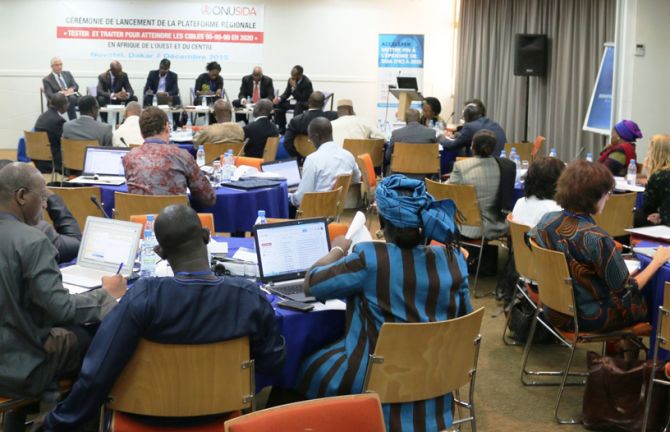
Regional platform to scale up HIV testing and treatment is launched in western and central Africa
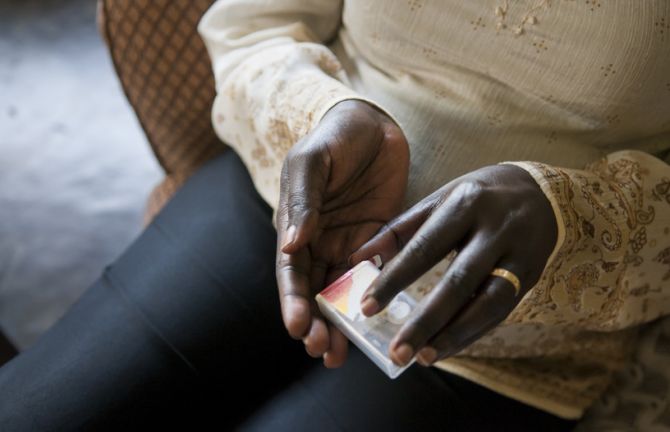
High-level panel meets to find innovative solutions to expand access to medicines
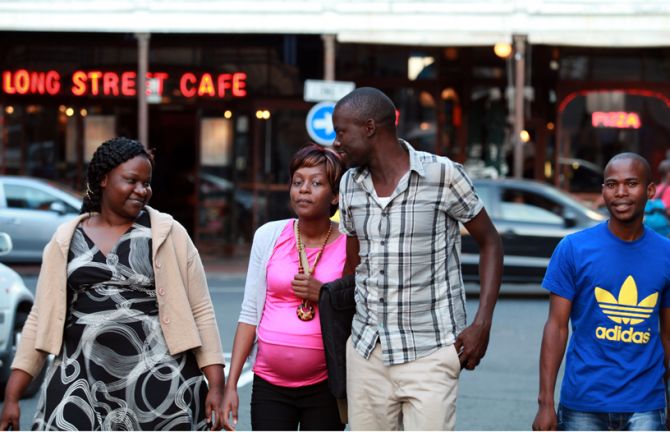
Men, boys and AIDS: reframing the conversation
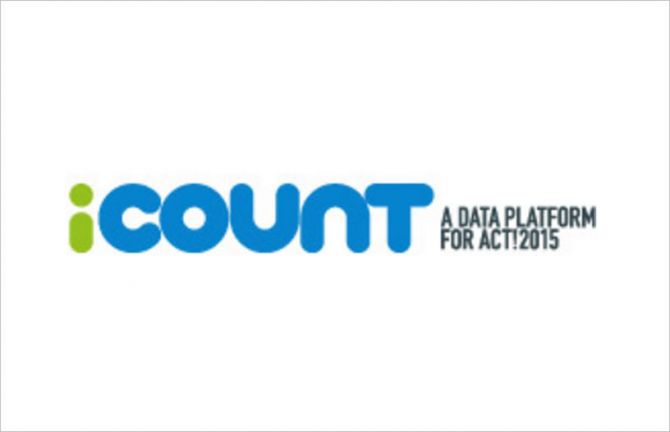
iCount competition: data tracking for HIV information and services for young people
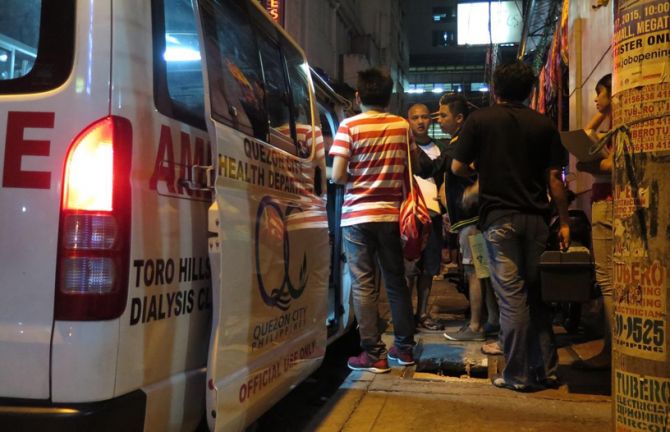
How Quezon City in the Philippines is turning around the AIDS epidemic
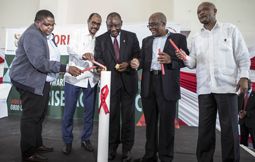
On World AIDS Day 2015, Executive Director of UNAIDS calls on countries to quicken the pace of action
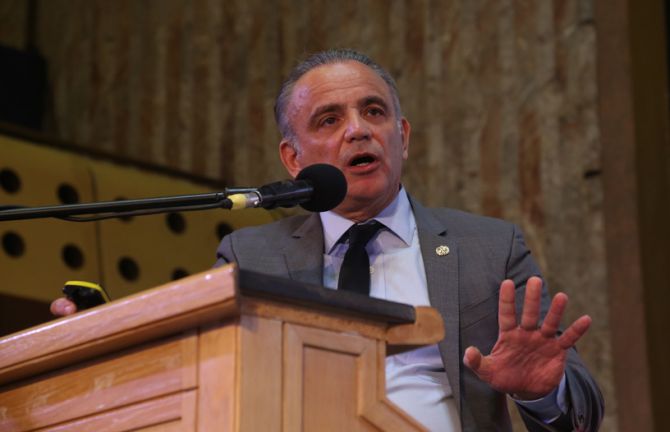
Discussing Fast-Track at ICASA

Three new agreements announced with the potential to expand access to innovative HIV treatment in low- and middle-income countries

UNAIDS welcomes release of new guidelines from the World Health Organization on the use of antiretroviral medicines
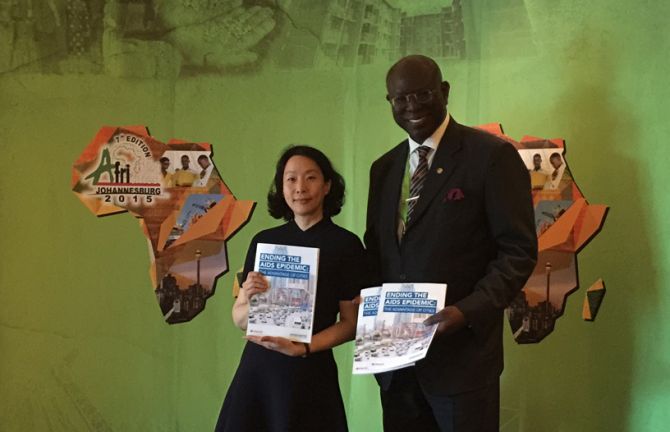
UN-Habitat and UNAIDS present Ending the AIDS epidemic: the advantage of cities at the Africities Summit
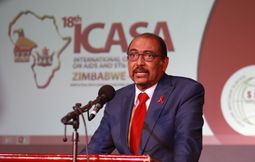
UNAIDS urges countries across Africa to Fast-Track their response to HIV
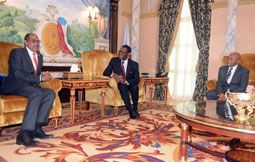
Accelerating the HIV response in Equatorial Guinea
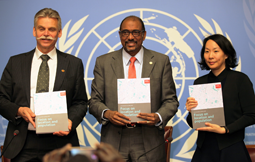
Countries adopt UNAIDS Fast-Track Strategy to double number of people on life-saving HIV treatment by 2020

UNAIDS and Luxembourg promote the 90–90–90 treatment target

UNAIDS joins cervical cancer initiative
India and Africa strengthen partnership on accessible and affordable medicines

Prime Minister calls for urgent action to respond to the growing AIDS epidemic in the Russian Federation
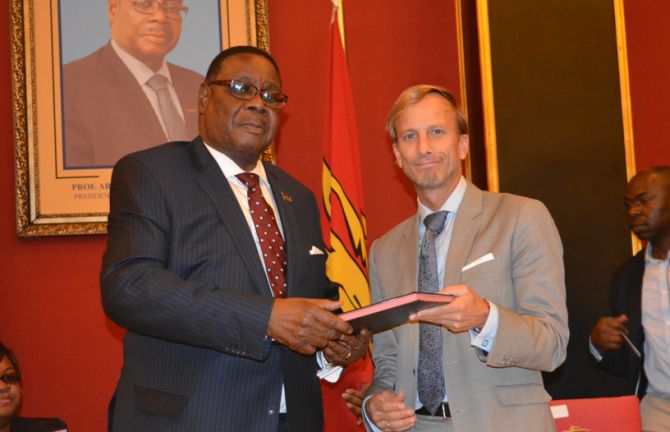
Malawi signs new agreement to boost response against AIDS, tuberculosis and malaria
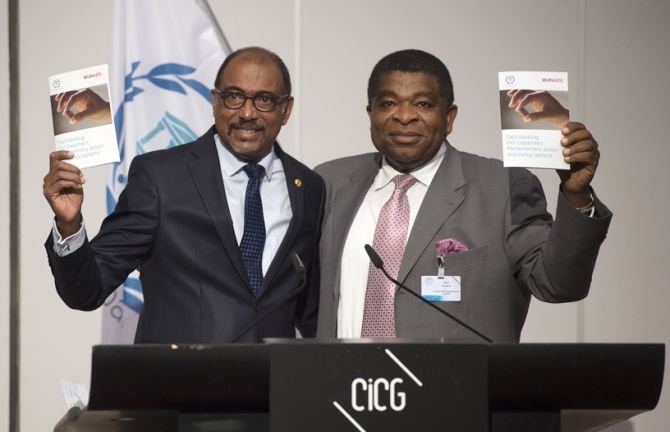
New report on HIV treatment launched for parliamentarians
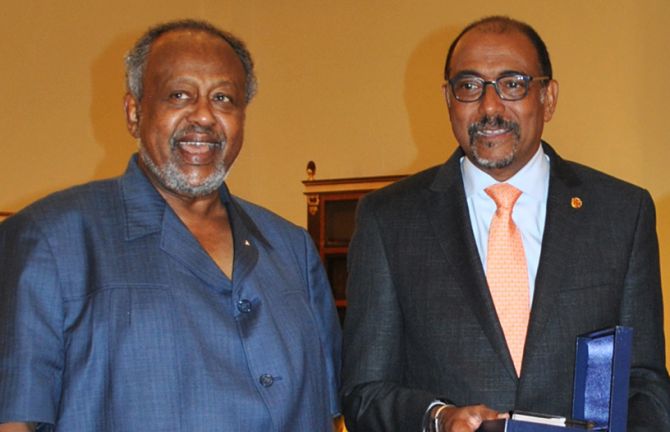
Responding to AIDS in Djibouti
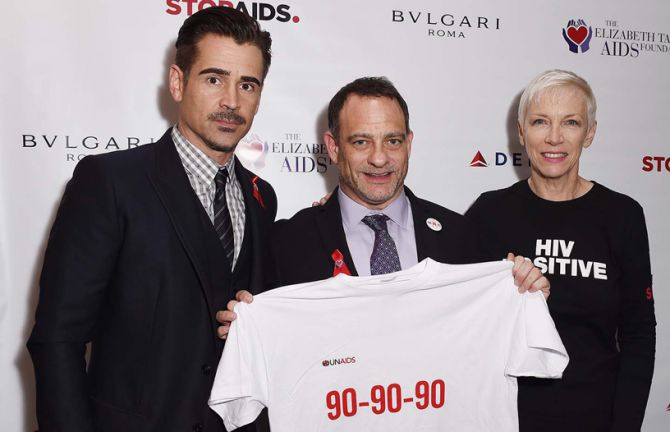
New commitment to the UNAIDS Fast-Track approach to achieve the 90–90–90 treatment target in Malawi
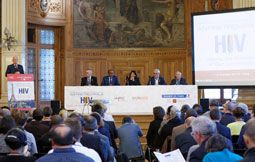
A call to Fast-Track access to antiretroviral therapy
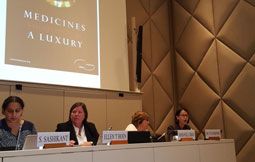
Twenty-year anniversary of the historic TRIPS Agreement: innovation and access to medicines
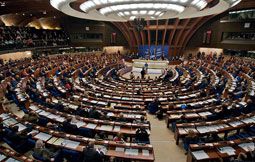
Council of Europe report upholds public health interests regarding the pharmaceutical industry
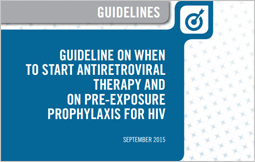
UNAIDS welcomes new World Health Organization guidelines on the use of antiretroviral medicines
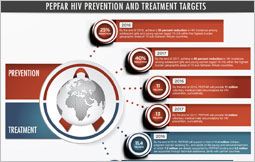
UNAIDS welcomes bold new HIV prevention and treatment targets from PEPFAR

UNAIDS calls on governments and the pharmaceutical industry to maintain commitment to accessible and affordable medicines

UNAIDS works with Globo Television to reduce new HIV infections among young people in Brazil
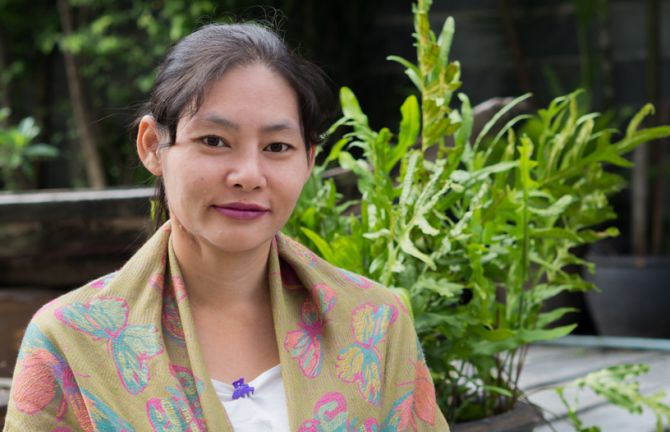
Thailand leads the way in the Asia–Pacific region to ensure that all children are born HIV-free

New report show millions of lives saved by Global Fund supported programmes

UNAIDS wins first prize in British Medical Association Book Awards
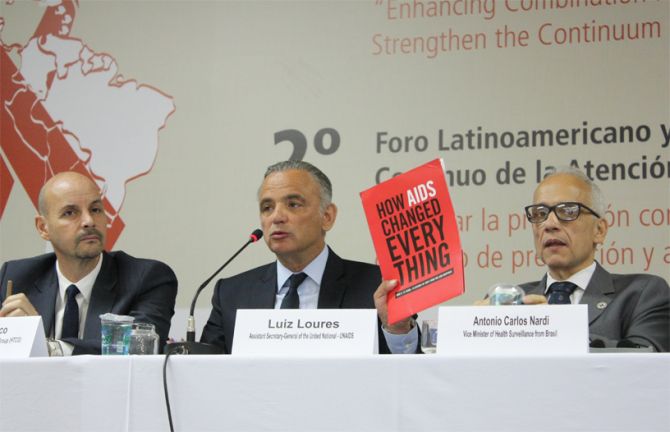
Latin American and Caribbean countries commit to sharply reducing new HIV infections and advancing human rights
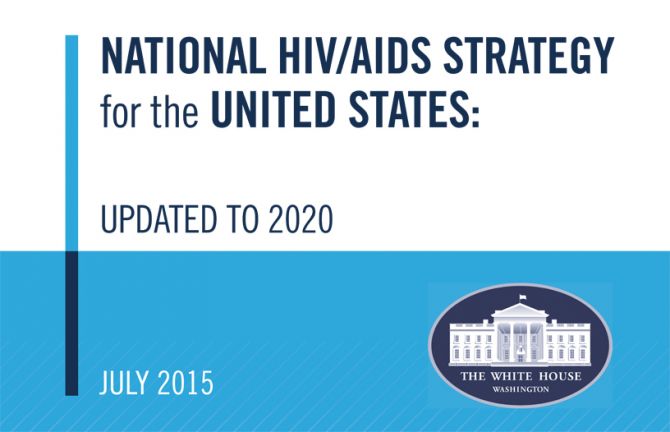
More focus on populations and places most in need as United States updates its National HIV/AIDS Strategy
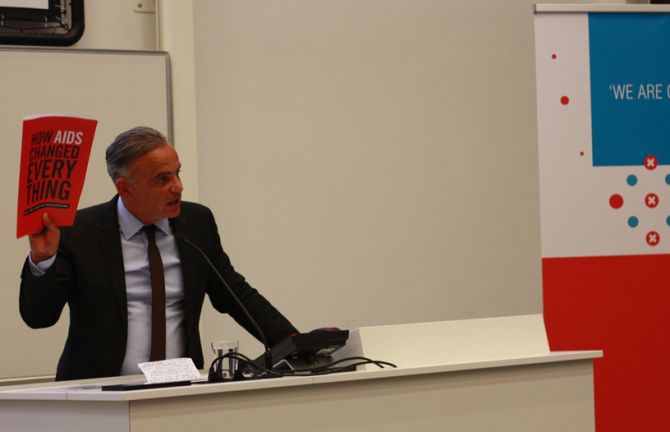
Highlighting the need for a science and people centred approach in the AIDS response
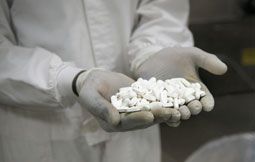
UNAIDS calls on trade negotiators to uphold governments’ commitments to public health and access to medicines
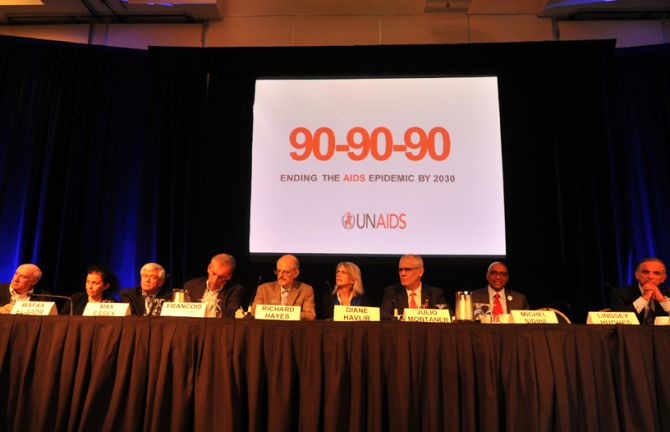
Global scientific leaders explore strategies to achieve the 90-90-90 target
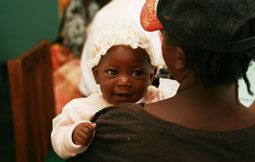
Breakthrough global agreement sharply lowers price of early infant diagnosis of HIV

Success in reaching ’15 by 15’ shows that we can end the AIDS epidemic
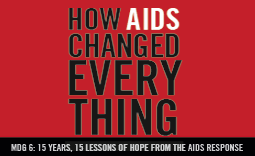
UNAIDS announces that the goal of 15 million people on life-saving HIV treatment by 2015 has been met nine months ahead of schedule
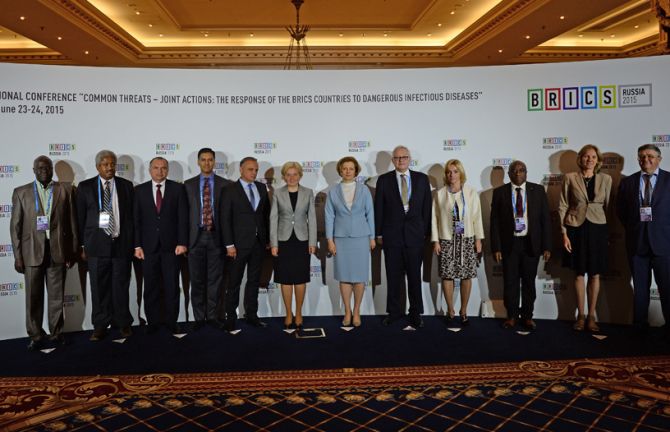
BRICS renew their commitment to global health and to ending the AIDS epidemic by 2030
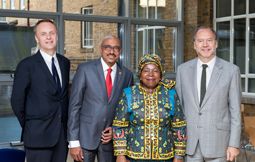
World must drastically accelerate AIDS efforts or face more HIV infections and deaths than five years ago—says UNAIDS and Lancet Commission
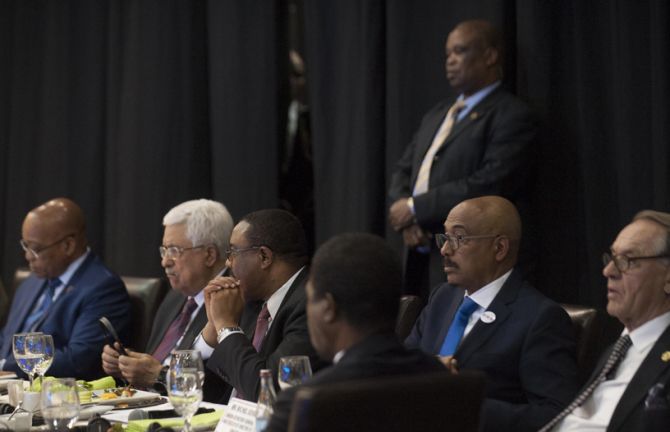
AIDS Watch Africa Heads of State mobilize for an accelerated response to HIV
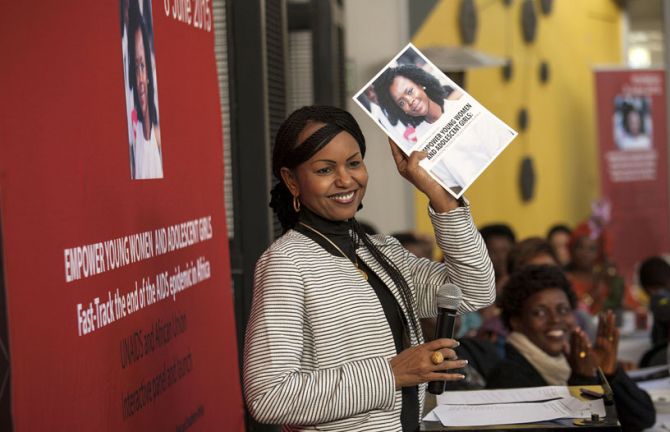
Fast-Tracking the AIDS response for young women and adolescent girls in Africa

New formulation of HIV treatment to save more children’s lives -- UNICEF and UNAIDS
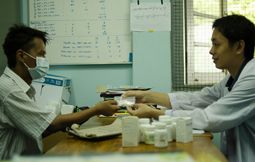
UNAIDS welcomes further evidence that starting antiretroviral therapy early saves lives
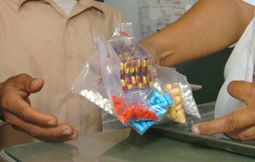
UNDP and UNAIDS back efforts by least-developed countries to secure sustainable access to treatment
